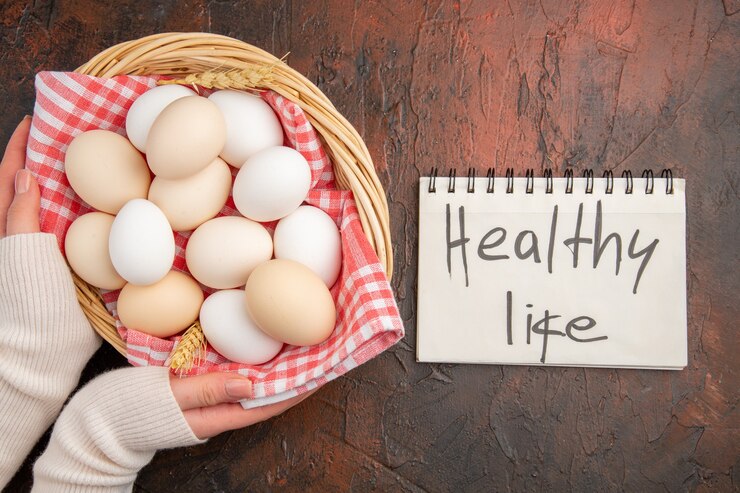World-class food events are not just about satisfying appetites; they are an immersive experience combining culture, creativity, and community. Organizing such an event requires meticulous planning, collaboration, and innovation. In this blog, we explore the intricate process of bringing a world-class food event to life.
Introduction: Setting the Stage for a World-Class Food Event
In the culinary world, a world-class food event is a celebration of taste, art, and culture. These events bring together renowned chefs, food enthusiasts, and vendors, creating a platform for showcasing culinary excellence. From festivals like the “Taste of Chicago” to exclusive Michelin-star chef showcases, these gatherings set new benchmarks in the food industry.

Conceptualization and Planning

Brainstorming the Theme
Every world-class food event begins with a compelling theme. Whether it’s “Farm-to-Table Innovations” or “Global Culinary Fusion,” the theme defines the event’s identity. For example, a seafood-focused event would highlight coastal cuisines and sustainable fishing practices.
Setting Objectives
The goals could range from promoting local food culture to raising funds for culinary education. For example, the World’s 50 Best Restaurants gala promotes global culinary excellence while supporting emerging chefs.
Budgeting and Funding
Funding is crucial. Partnerships with food brands, sponsorships from beverage companies, and ticket sales help cover costs. Budget allocation ensures every aspect, from venue design to entertainment, meets high standards.
Choosing the Perfect Venue

Importance of Location
The venue sets the tone for the event. Iconic locations like Napa Valley for wine festivals or coastal resorts for seafood galas offer a unique charm. Accessibility and amenities are key factors in venue selection.
Customization Needs
Venues must cater to diverse needs, from live cooking stations to dining setups. For instance, outdoor festivals may require elaborate tent setups, while urban venues focus on chic indoor designs.
3. Curation of Culinary Experiences
Collaborating with Top Chefs and Vendors
A world-class food event thrives on the expertise of chefs and the quality of ingredients. Chefs like Massimo Bottura or Dominique Crenn draw crowds eager to taste their creations.
Creating a Diverse Menu
Menus should cater to global palates, offering dishes from sushi to street tacos. For instance, an Indian food festival might include both traditional thalis and modern fusion dishes.
Incorporating Live Cooking Demonstrations
Interactive elements like chef demonstrations or mixology sessions keep attendees engaged. Watching culinary icons in action is often a highlight of these events.
Marketing and Publicity

Building Buzz on Social Media
Platforms like Instagram and TikTok are invaluable for promoting world-class food events. Behind-the-scenes clips, chef interviews, and early bird ticket deals create excitement.
Collaborating with Influencers
Partnering with food bloggers and critics boosts visibility. Influencers like Mark Wiens or The Food Ranger have massive audiences that trust their recommendations.
Crafting Engaging Campaigns
Catchy hashtags like #WorldClassFeast or #GastronomyGala2024 ensure events stay trending. Successful campaigns highlight key attractions and exclusive offers.
Logistical Mastery
Coordinating with Vendors and Suppliers
Reliable suppliers ensure high-quality ingredients, while vendors bring unique products. Consistency in quality is paramount for a seamless experience.
Ensuring Guest Comfort
From parking to restroom facilities, every detail must cater to attendee convenience. Technology like event apps for navigation and schedules enhances the experience.
Addressing Health and Safety
Hygiene and safety protocols, especially post-pandemic, are critical. Certified food handlers, sanitized setups, and emergency plans are non-negotiable.
Entertainment and Engagement
Interactive Workshops
Cooking classes, wine pairing workshops, and food styling sessions provide hands-on experiences that attendees love.
Live Performances
Music, dance, or stand-up comedy can elevate the atmosphere, making the event memorable.
Photo Opportunities
Creating Instagram-worthy spots, like vibrant food installations or unique dining setups, ensures social media buzz.
Measuring Success and Feedback
Post-Event Surveys
Feedback helps organizers identify strengths and areas for improvement. Questions on food quality, organization, and overall satisfaction are essential.
Analyzing Metrics
Attendance numbers, social media reach, and vendor sales offer valuable insights into the event’s success.
Creating a Legacy
Every world-class food event adds to its reputation. Positive reviews and media coverage ensure its status as a must-attend occasion.
Conclusion: The Magic Behind the Scenes
The journey to creating a world-class food event involves vision, teamwork, and passion. These events are more than a culinary showcase—they are a celebration of culture, innovation, and community. Whether you’re an attendee or aspiring organizer, understanding the effort behind the scenes fosters appreciation for these gastronomic spectacles.
Feel free to contact us to find out more about us and our services, explore who we are, or discuss advertising opportunities. Don’t overlook subscribing to our magazine for monthly updates, exclusive insights, and more exciting content!




